Inflation, Supply Chain And Private Label Pressures: Consumer Health Leaders Talk ‘Big Picture’ Challenges
Executive Summary
OTC drug and dietary supplement companies continue to face significant economic and competitive issues in what continues to be a highly volatile operating environment. Here we’ve culled takes from top execs at Sanofi, Bayer, J&J, P&G and other leading players, provided during recent sales and earnings presentations.
Lots of talk of macroeconomic headwinds in consumer health companies' quarterly earnings calls of late. CEOs and other top execs at Sanofi, Bayer, Reckitt, Prestige Consumer Healthcare, Johnson & Johnson, Procter & Gamble, Abbott, Church & Dwight, Herbalife, and Bausch & Lomb provided commentary on challenges and what lies ahead. Highlights compiled by HBW Insight.
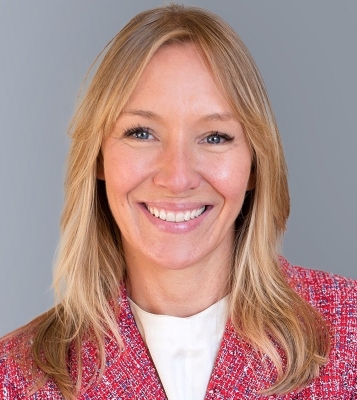
Julie van Ongevalle
Executive VP, Consumer Healthcare at Sanofi
What we’ve seen in healthcare is that share of private labels have been relatively stable in the past two years. However, with increased inflation pressure and economic downturn, we are very conscious that consumers will have to make choices more than in the past.
But again, we’ve seen that in our area, consumers and patients make the least compromises. Again, health is definitely most important. And efficacy is a very strong loyalty driver, again, even more so in healthcare. And as a result, the quality and the value of our brands is what really makes a difference.
28 July 2022
Read more on Sanofi's Q2 performance.
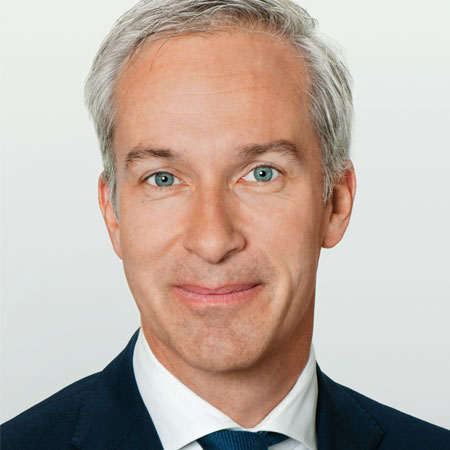
Heiko Schipper
Consumer Health president at Bayer
How do you sustain growth in a consumer business at times of inflation? Is there a risk that store brands, or private-label brands, start to take share? It’s obviously a very important question.
First of all, make sure you have strong brands and support them and bring innovation. You need differentiation. Strong brands are much better protected than weak brands. And I think we have a very good portfolio. We are going to need to keep innovating and not just innovating on the high end of the market but also come with more affordable propositions that don’t necessarily mean lower margins, but you can find a different price point strategy.
Obviously, the extent of the inflation is very high, probably quite particularly in the developed markets, so we are tracking this.
4 August 2022
Read more on how Bayer is faring going into the back half of fiscal 2022

Jeff Carr
CFO at Reckitt
In terms of the general direction for the second half of the year we are probably facing the peak of the cost of goods inflation. I would not read across into that for 2023. We are not giving guidance for 2023, but as I look at the future curves for many of our commodities – palm oil is a good example – very much off the peaks. For the second half of this year we expect inflation to be close to 20%, which will be a challenge. Now, we have a great productivity program. We continue to look at taking responsible pricing, and we will continue to make sure that our business model works so that we can fully invest in our brands for future growth.
27 July 2022
Read more on Reckitt's first-half results.
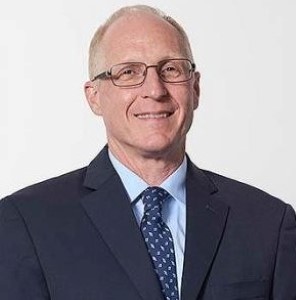
Ronald Lombardi
CEO of Prestige Consumer Healthcare
I think the factors that are causing the challenges in the supply chain for us are consistent with, I think, most CPG companies. And it starts with the suppliers having enough labor. I think we’ve all heard about companies struggling to hire. More recently it’s been related to absenteeism from COVID infections disrupting the supply chain. And then as a result of those factors, it’s impacting deliveries of packaging material, maybe trucking shortages, those kinds of things. So it’s these come-and-go disruptions into the supplier base.
4 August 2022
Read more on Prestige's first-quarter sales and earnings.
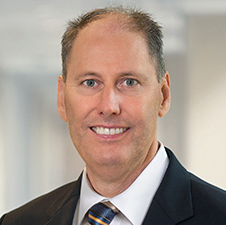
Robert Funck
CFO at Abbott
I’d say history has taught us that rates rarely, if ever, hold for a long period of time. So, trying to pinpoint an accurate projection for next year at this point is pretty challenging. There’s an awful lot of moving parts. As you know, different central banks taking different rate actions, different strengths of economies, etc. That said, at a high level, based upon kind of where we’re at today, a decent portion of the impact we’re seeing this year will carry into next year. Obviously, there’s a long way to go, so we need to see how things play out. And as part of our planning process, we always look for opportunities to mitigate currency impacts as best we can.
20 July 2022
Read more on Abbott's second quarter and full-year outlook.
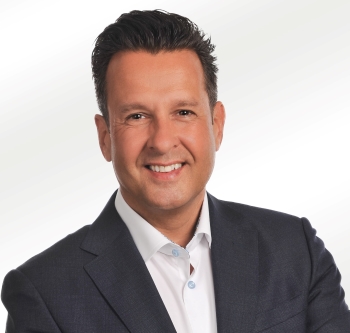
Andre Schulten
CFO at Procter & Gamble
We will undoubtedly experience more volatility in the fiscal year ahead. This rings true again as we enter fiscal 2023. The combined year-on-year profit headwinds from foreign exchange rates, freight costs, materials, fuel, energy and wage inflation are an even greater challenge in fiscal 2023 than they were in fiscal 2022.
... While it’s relatively easy to envision many possible scenarios – steeper inflation, deep recession, further geopolitical disruption or commodity cost reversion, easing inflation, peaceful conflict resolution – it’s very difficult to assign probability to any single scenario.
29 July 2022
Read more on P&G's latest financials.
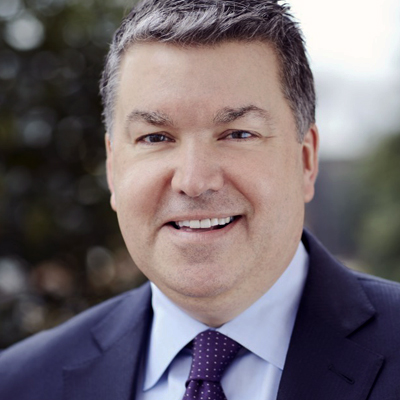
Joseph Wolk
CFO at Johnson & Johnson
We did build in a healthy assumption to account for inflation in our January guidance, planning for increased costs in labor, energy and transportation. We noted in April, and are doing so again today, that these pressures will continue to impact margins in the third and fourth quarters and into 2023. As such, we continue to pursue mitigation efforts including cost improvement initiatives, strategic price increases, and contract negotiations with external supply partners.
... Due to the prolonged impact of inflationary pressures, we are updating our operating margins to be flat versus 2021.
19 July 2022
Read more on J&J's Q2 results.

Richard Dierker
CFO at Church & Dwight
On the cost side, we do think there will be inflation next year. We think that inflation will only come down as demand comes down. If we enter into a recession, we think that demand will start to slow, in general, for the macro economy.
... Most of the cost inflation that we’re talking about is primarily raw material and pack, and that’s coming through incremental discussions with third-party manufacturers. It just takes a while for it to go through the supply chain.
29 July 2022
Read more on why C&D has lowered its full-year sales guidance.
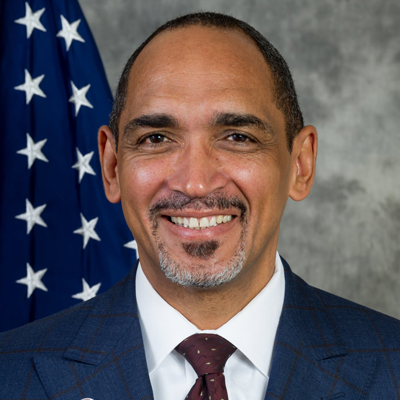
John Agwunobi
CEO of Herbalife
To address the macroeconomic landscape that many companies are facing, we implemented meaningful price increases in mid-June to partially offset the dramatic inflationary increases that we are seeing in our input costs. As a reminder, our raw material, manufacturing, overhead and freight costs are increasing ahead of local consumer price indices. We believe the timing of these pricing actions largely drove the top-line outperformance that we achieved in the second quarter.
2 August 2022
Read more on Herbalife's performance in today's challenging economic climate.
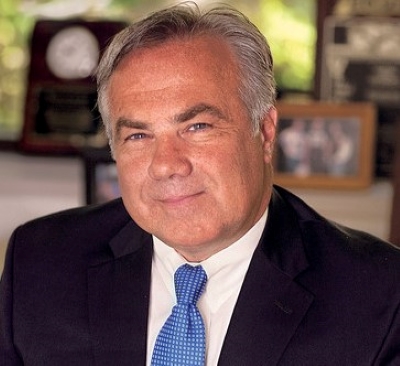
Joseph Papa
CEO of Bausch + Lomb
We view the overall eye health as being what I would refer to as recession-resistant or recession-proof, in terms of the characteristics. We don’t expect to see some significant increase in pricing and discounts. … I don’t see significant incremental discount, especially knowing that some of the input costs for contact lenses, like the polymers and things that we use, are going to be linked to the price of oil. It’s something that we’re trying to manage our way through as we think about what’s happening.
4 August 2022
Read more on Bausch + Lomb Corp.'s first quarter as a standalone company.